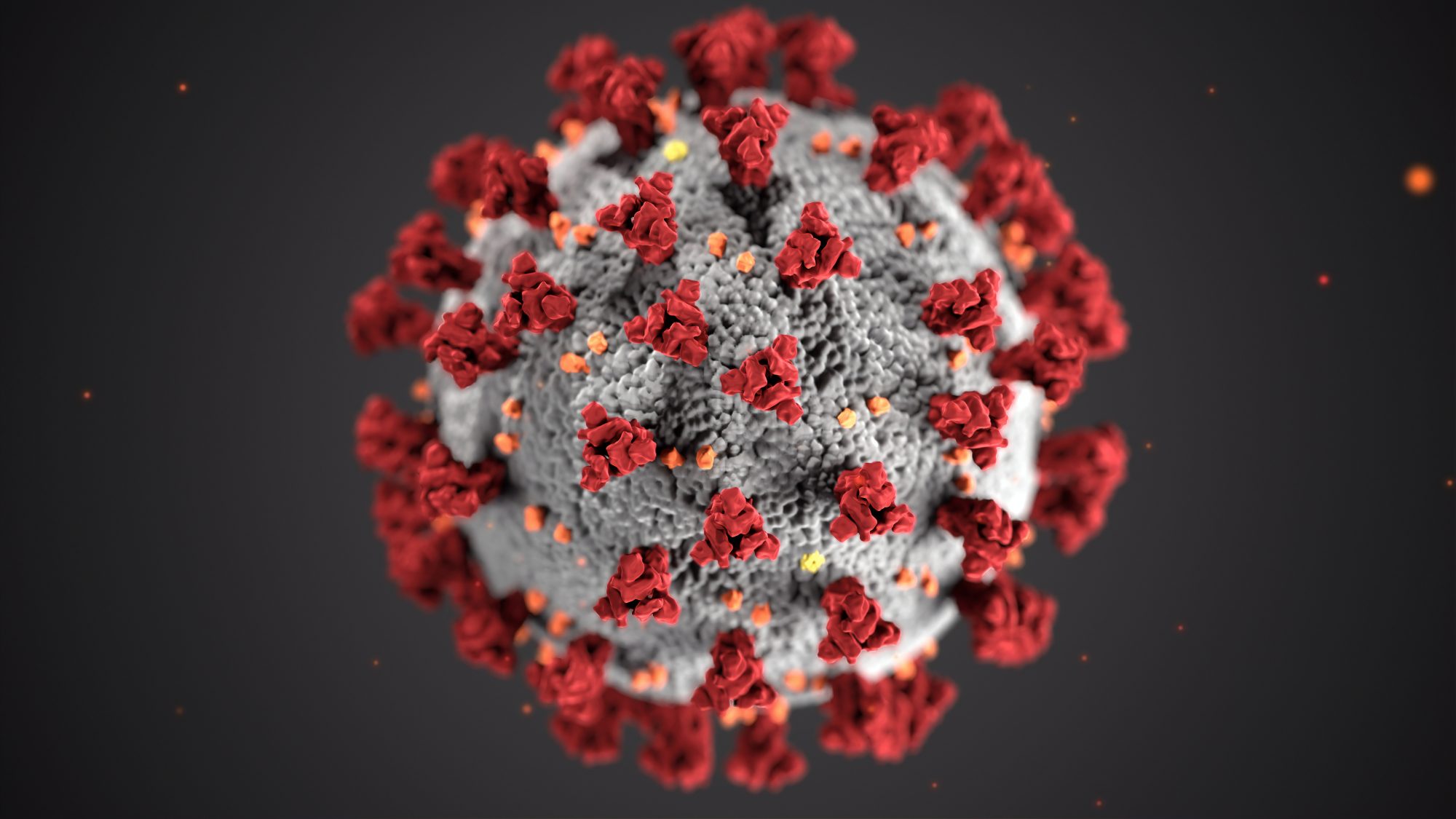Omicron, the booster, and the holidays
It’s the week of the Christmas holiday, and information regarding the rise of COVID cases and the Omicron variant is everywhere to be found. Sports teams are putting their seasons on hold, events are being canceled, and there continues to be a general feeling of uncertainty about new COVID variants. As more information arises day-by-day, NVFP continues to monitor the Omicron variant, and the power of the vaccine and booster shots in the wake of new COVID variants.
What do we know about Omicron?
Early evidence suggests that the Omicron variant is more transmissible than the Delta variant, and fully vaccinated people who become infected with the Omicron variant can pass it to others. Furthermore, initial evidence shows that infected people get sick faster and have different symptoms than those with other COVID variants, including cough, fatigue or tiredness, and congestion or runny nose. Unfortunately, this suggests that we will see a surge in the Omicron variant into the new year, as relaxed masking and poor vaccination rates in certain areas continue to occur. For the most up to date information, the CDC’s COVID Data Tracker is an excellent tool that breaks down COVID cases in the US by variant.
One year ago last week, the FDA authorized the use of the COVID vaccine. And, according to the CDC, unvaccinated people are 10x more likely to be hospitalized if infected with COVID than those with a vaccine. While we do see sporadic spikes in COVID cases, we are learning that the vaccine, along with booster shots, are essential in the fight against COVID.
Does the booster help against Omicron?
During a briefing to the White House late last week, Dr. Anthony Fauci presented information from the National Institutes of Health, showing that Moderna booster shots offer 19x more neutralizing protection against the Omicron variant than just two shots. “There is no need for a variant-specific booster, as the current boosters work to restore protection” Dr. Fauci added. And while Omicron is doubling in cases roughly every two days, initial findings suggest that most vaccinated people who contract Omicron show symptoms that resemble those of the common cold.
Experts recommend that anybody eligible for a booster shot (those 16 and older who have received their second vaccine dose at least six months prior) should go and get their booster shot. Even if you are not in a “high-risk” demographic, a booster shot reduces the chances you contract the disease, and more importantly, pass it on to someone more vulnerable.
With that said, there are demographics of vaccinated people whose health is already vulnerable; people such as the elderly, organ transplant recipients, those undergoing cancer treatments, who can become very ill from even the mildest COVID case. And as many of us prepare to gather during the holiday season, thinking of others and their health must come first. As mentioned in last week’s blog, at-home COVID-19 antigen tests are a helpful way to know if you or those around you have contracted COVID. Social distancing and wearing a mask, when applicable, are also proven ways to combat the spread of COVID-19. As more information develops, NVFP will continue to be a resource for your COVID-19 and healthcare needs.

